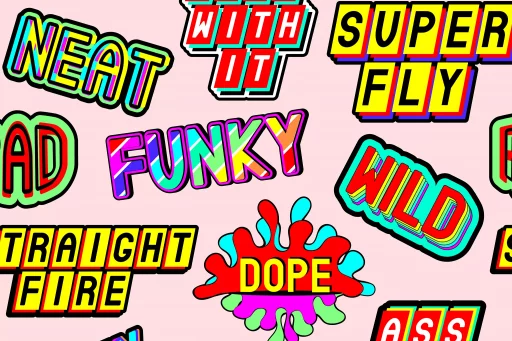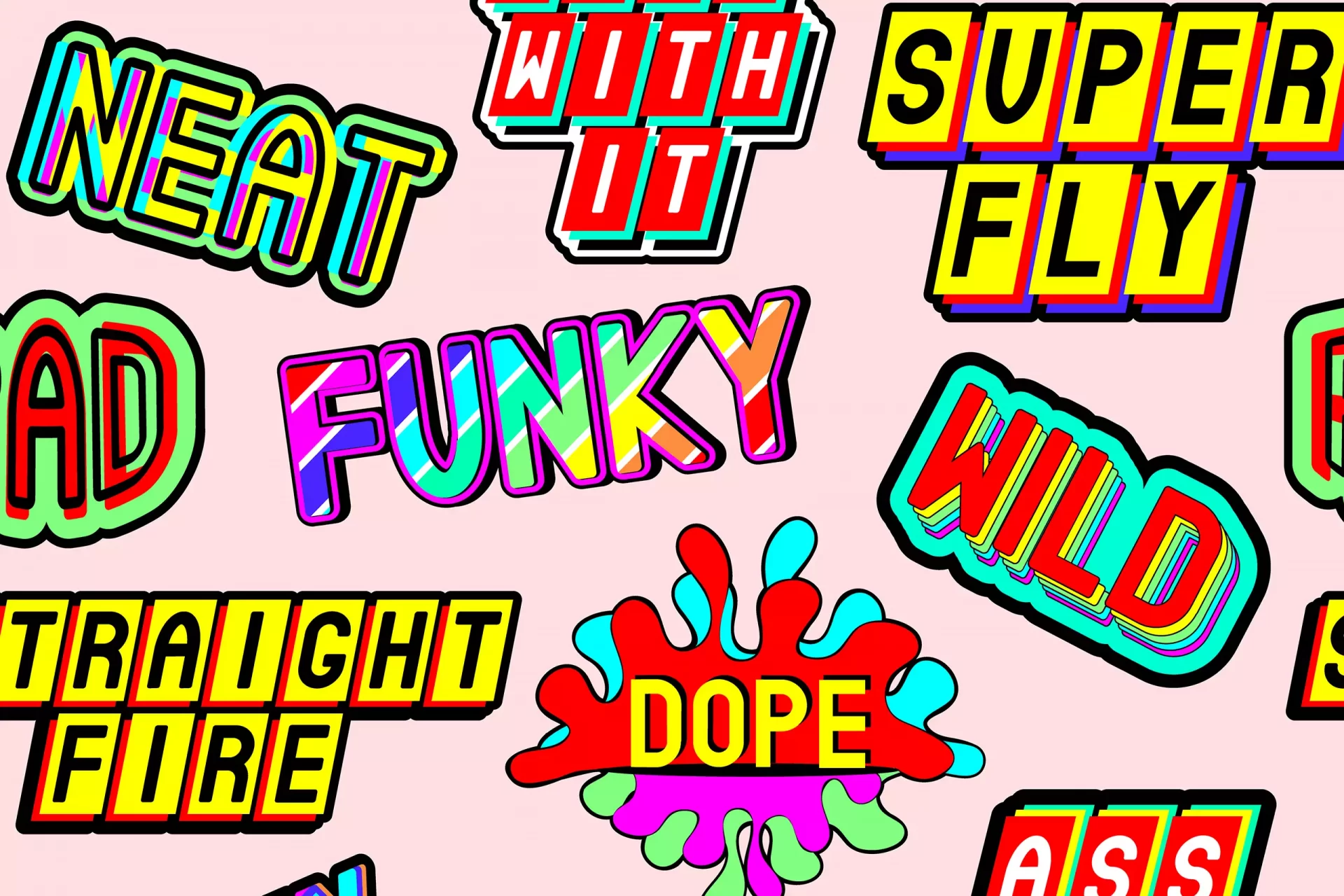Introduction
Language is constantly evolving, with slang terms often reflecting cultural nuances and social trends. One such term that has become mainstream in recent years is “dawg.” This article explores the various meanings of “dawg” in slang, its origins, and its impact on modern communication.
The Origin of ‘Dawg’
The term “dawg” is believed to have originated from African American Vernacular English (AAVE). It stems from the word “dog,” which has been used in various cultures to describe loyalty, companionship, and brotherhood. In hip-hop culture, artists adopted the term to signify camaraderie and affection among friends.
Meaning of ‘Dawg’
In contemporary slang, “dawg” can have several meanings, primarily encompassing friendship and camaraderie. Here are some of the most common usages:
- Close Friend: Often used to address a close friend, similar to calling someone “bro” or “buddy.” For example, “What’s up, dawg?”
- Affectionate Nickname: It can also be an affectionate term for someone you care about, whether they are male or female. For instance, “You’re my dawg!”
- Fellow Companion: Sometimes used to refer to peers in a casual manner, promoting a sense of belonging. For example, “All my dawgs are here!”
Case Studies and Examples
To better understand the usage of the term “dawg,” let’s consider a few case studies and examples from popular culture:
1. Hip-Hop Influence
The term “dawg” has been popularized in hip-hop music, where artists use it to establish connections with their audience and create a sense of camaraderie. For instance, hip-hop artists like Snoop Dogg and Lil Wayne have frequently used the term in their lyrics, emphasizing friendship and loyalty.
2. Social Media Usage
On platforms like Twitter, Instagram, and TikTok, users incorporate “dawg” into their posts and captions to enhance relatability. For example:
- “Chillin’ with my dawgs tonight!”
- “Had the best time with my dawg @username at the concert!”
This casual language fosters a sense of community among users.
3. Pop Culture References
Television shows and movies have also embraced the term, further embedded into modern vernacular. Shows like “The Office” and “Parks and Recreation” have characters using slang, including “dawg,” to communicate informally, thus popularizing the term even further.
Statistics on Slang Usage
Understanding how often slang terms like “dawg” are used can provide insight into their prevalence in modern language. A recent survey indicated that:
- 70% of teenagers reported using slang terms regularly in daily conversations.
- “Dawg” was among the top 10 slang terms used among young adults aged 18-24.
- Social media platforms showed a 40% increase in the usage of the word in posts from 2019 to 2021.
Conclusion
The term “dawg” embodies a spirit of friendship and loyalty that resonates with many people today. From its roots in AAVE to its mainstream acceptance, “dawg” serves as a reminder of the evolving nature of language. As slang continues to shape communication, terms like “dawg” will likely remain significant in expressing camaraderie and connection.


